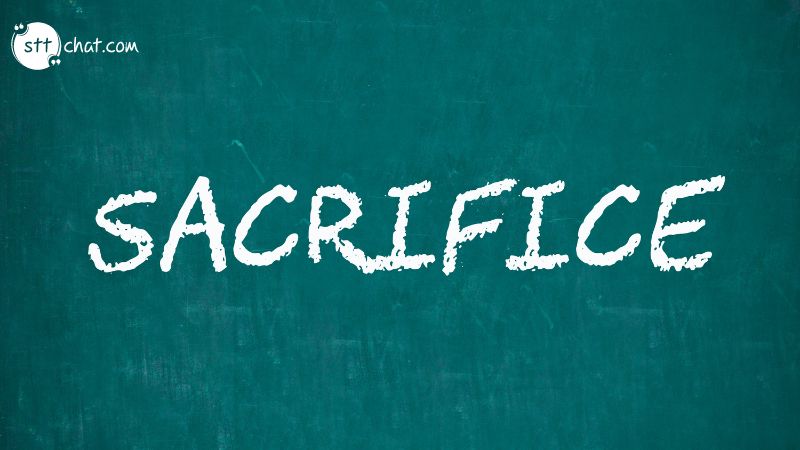The Historical Context: A Nation in Mourning
The Civil War was one of the most tumultuous periods in American history, marked by deep divisions, immense loss of life, and profound social and political upheaval. As the war drew to a close, the nation looked forward to the promise of peace and unity under President Lincoln’s leadership. However, the joy of victory was abruptly shattered by Lincoln's assassination on April 14, 1865. "Oh Captain! My Captain!" was Whitman's response to this tragic event, capturing the collective grief and shock of a nation.
The Structure and Style: A Traditional Elegy
Whitman, known for his free verse and unconventional poetic style, chose a more structured approach for this poem. "Oh Captain! My Captain!" is composed of three stanzas, each with eight lines. The poem follows a regular rhyme scheme and rhythm, which is somewhat unusual for Whitman. This formal structure reflects the solemnity of the occasion and the deep respect Whitman felt for Lincoln.The repetition of phrases like "Oh Captain! My Captain!" and "fallen cold and dead" emphasizes the gravity of the loss. The use of apostrophe—directly addressing the deceased captain—adds a personal and emotional dimension to the poem, as if Whitman is speaking to Lincoln himself.
Themes of Leadership and Sacrifice
At its core, "Oh Captain! My Captain!" is a tribute to leadership and sacrifice. The captain of the ship, a metaphor for Lincoln, has guided the nation through the treacherous waters of the Civil War. The "fearful trip" represents the war, and the "prize we sought" is the preservation of the Union.The captain's death just as the ship reaches the shore symbolizes the profound tragedy of Lincoln's assassination at the very moment when his leadership was most needed to heal the nation. The poem captures the sense of collective loss, as the people, represented by the "swaying mass," mourn the leader who brought them through their darkest hour.

The Duality of Emotion: Joy and Sorrow
One of the most striking aspects of "Oh Captain! My Captain!" is its duality of emotion. On one hand, there is a sense of triumph and relief—the ship has survived the storm, and the prize is won. On the other hand, this joy is overshadowed by the profound sorrow of the captain’s death.The poem’s narrator oscillates between these emotions. The jubilant imagery of bells ringing and people celebrating is contrasted with the repeated, mournful refrain of "fallen cold and dead." This juxtaposition reflects the complex emotions of a nation that has won a great victory but at an enormous cost.
The Personal Grief of the Narrator
While the poem captures the public mourning of a nation, it also conveys a deep personal grief. The narrator refers to the captain as "father," a term that suggests a close, almost familial bond. This personal loss is expressed most poignantly in the second stanza, where the narrator implores the captain to "rise up and hear the bells." The refusal to accept the captain’s death, describing it as "some dream," reflects the denial and disbelief that often accompany grief.The final stanza, with its emphasis on the captain's silence and stillness, underscores the finality of death. The ship may be anchored "safe and sound," but the narrator’s world has been irrevocably changed. The poem ends with the image of the narrator walking the deck alone, a solitary figure in mourning.
Legacy and Impact: A Poem for the Ages
"Oh Captain! My Captain!" has endured as one of Whitman’s most beloved poems, partly because it speaks to universal themes of loss, leadership, and the cost of conflict. Its emotional resonance, rooted in the specific historical context of Lincoln’s assassination, has allowed it to transcend that moment and become a timeless expression of grief and admiration.The poem has been referenced in various cultural contexts, perhaps most famously in the film Dead Poets Society, where it becomes a symbol of respect and reverence for a beloved teacher. This enduring popularity attests to the poem's ability to connect with readers on a deep emotional level.






